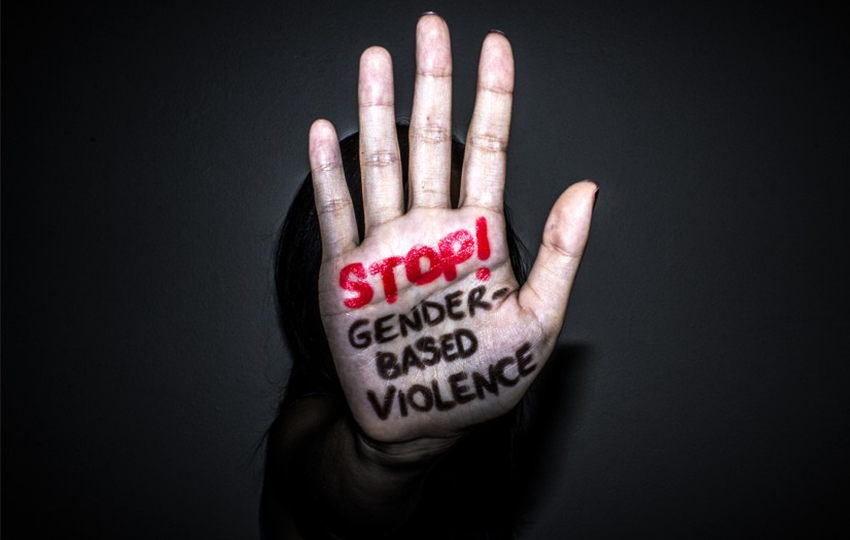A Non-Government Organization, Connected Development (CODE) has lamented the rising cases of Gender-Based Violence (GBV) in Kano state and other states in Northern Nigeria.
They also called on Kano State Government to ensure the passage of Violence Against People Prohibition Act (VAPP) and Child Rights Act into law to bring an end to the problem.
- Kano crackles as Ganduje bars Sheikh Abduljabbar from preaching
- Why we don’t advertise job vacancies sometimes – FCC
The Chief Executive Officer of the organisation, Malam Hamza Lawal raised the alarm on Wednesday during a two-day workshop on galvanising mass action against GBV in Kano.
Hamza said, “During COVID-19 pandemic, the Federal Government announced they got close to 700 cases of GBV. Just imagine what girls and women in grassroot communities that don’t have access to information or don’t even have tools to report crimes perpetrated against their communities are going through.
“GBV is a crime against humanity. Our collaboration is to enhance the capacity of 30 female advocates to be able to document voices of victims and amplify them so people see it as a collective fight.
“CODE in partnership with Canadian High Commission has gone into partnership against Gender-Based Violence starting with Kano state to build the capacity of 30 women and girls who will become advocates GBV in Kano state.
“Their role is to amplify the importance of this menace and also push for government and policy/decision makers to ensure that Violence Against People’s Prohibition (VAPP) and Child Rights Acts are passed into law.
“For us, we believe these laws will provide very safe space for vulnerable people in the society,” Lawal added.
He, however explained that CODE understand the critical role that culture and religion play in the fight, hence their plan to work with religious and traditional to amplify the message.
On GBV victims who always prefer to keep quiet for fear of discrimination, Lawal said silence is never an option.
“Yes, we are a society that always frown and try to shut down voice of people who have come forward that they have been abused. But, we need more women to come out and talk. The more people keep keeping quiet, the more people will continue to perpetrate this evil act,” he added.
Similarly, another member of the organisers, Sani Muhammad, argued that sexual and gender-based violence is a pandemic on its own in the state, and that the groups are pushing for the right policy and legal framework to bring policy makers’ interest into it and to train key actors for VAPP to be domesticated in the state.
He said some of the GBV cases in the state include rape, spousal and domestic violence
“Sometimes, survivors want to seek for justice, but because of cultural practices and stereotypes, people help to create a culture of silence and the victims end up becoming the stigmatised, while the perpetrators go scot-free.”
Some of the participants who spoke to Daily Trust said the workshop has helped in building their capacity in becoming advocates of ending the menace in the state.
“Many people misunderstand fight against GBV as fight for women, it has passed that. It is a collective fight for both men and women, we only talk more about women and girls because they are mostly the victims,” said Zainab Nasir, a gender advocate and one of the participants.
Daily Trust reports that the participants of the workshop numbering 30 were drawn from different NGOs, Civil Society Organisations, relevant government agencies and the media.

 Join Daily Trust WhatsApp Community For Quick Access To News and Happenings Around You.
Join Daily Trust WhatsApp Community For Quick Access To News and Happenings Around You.


